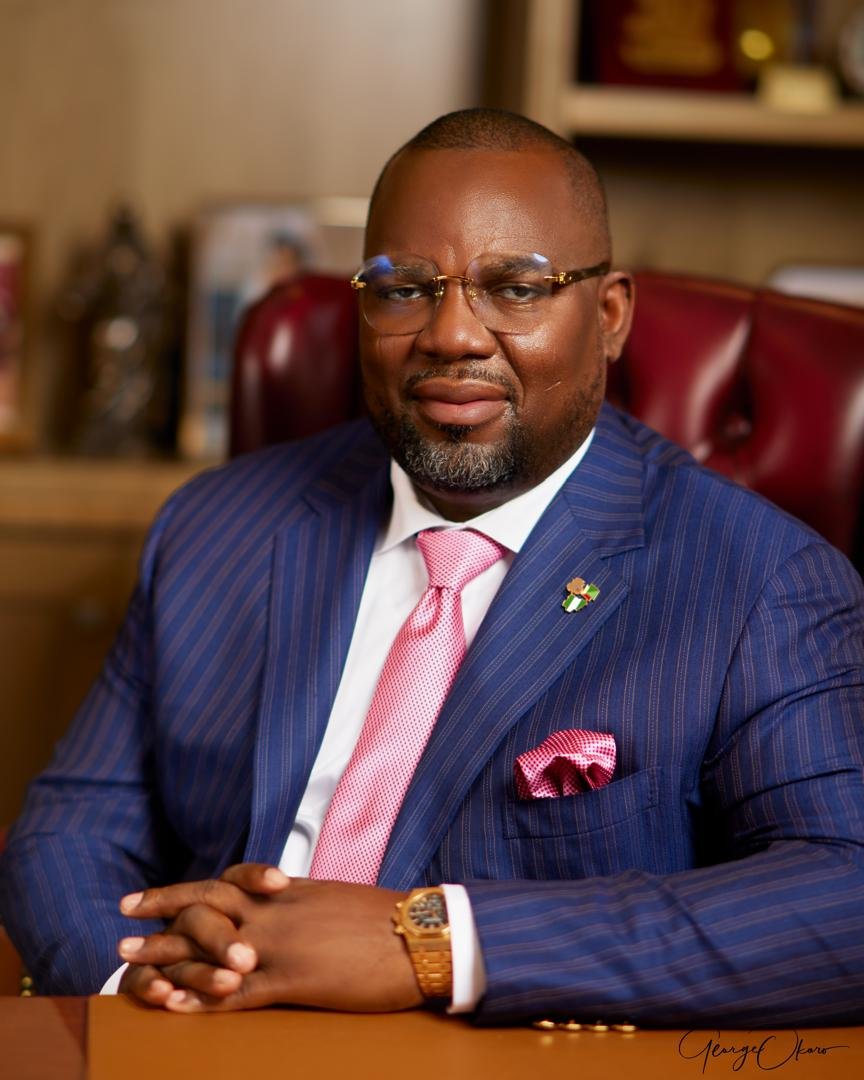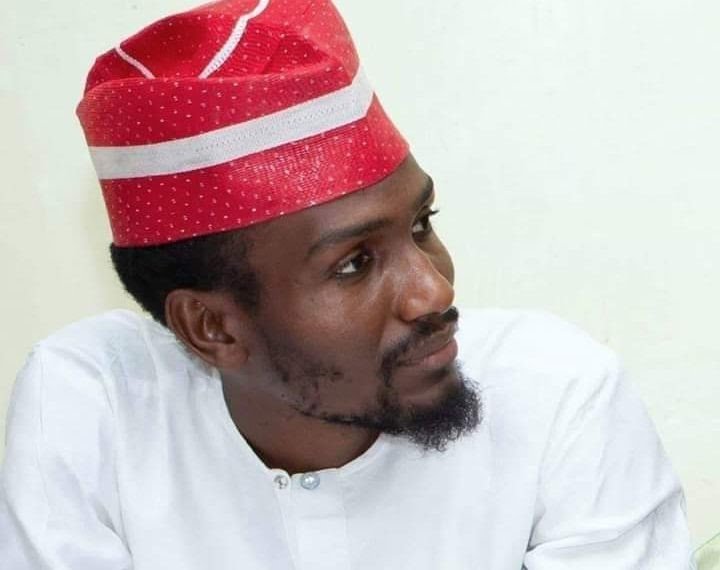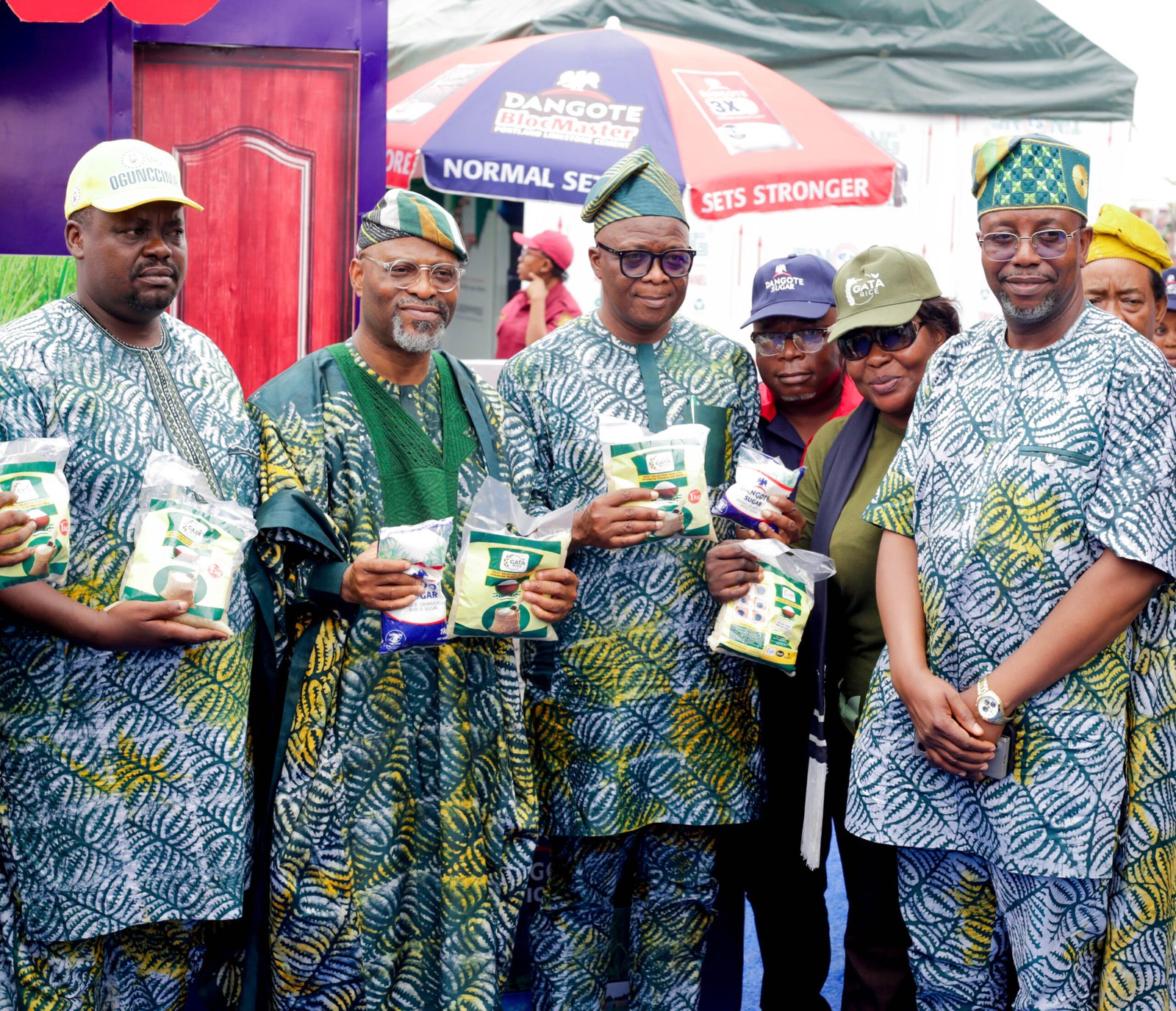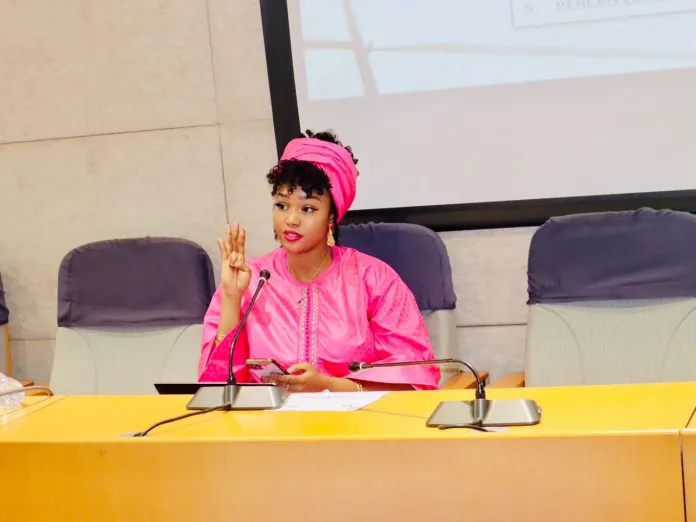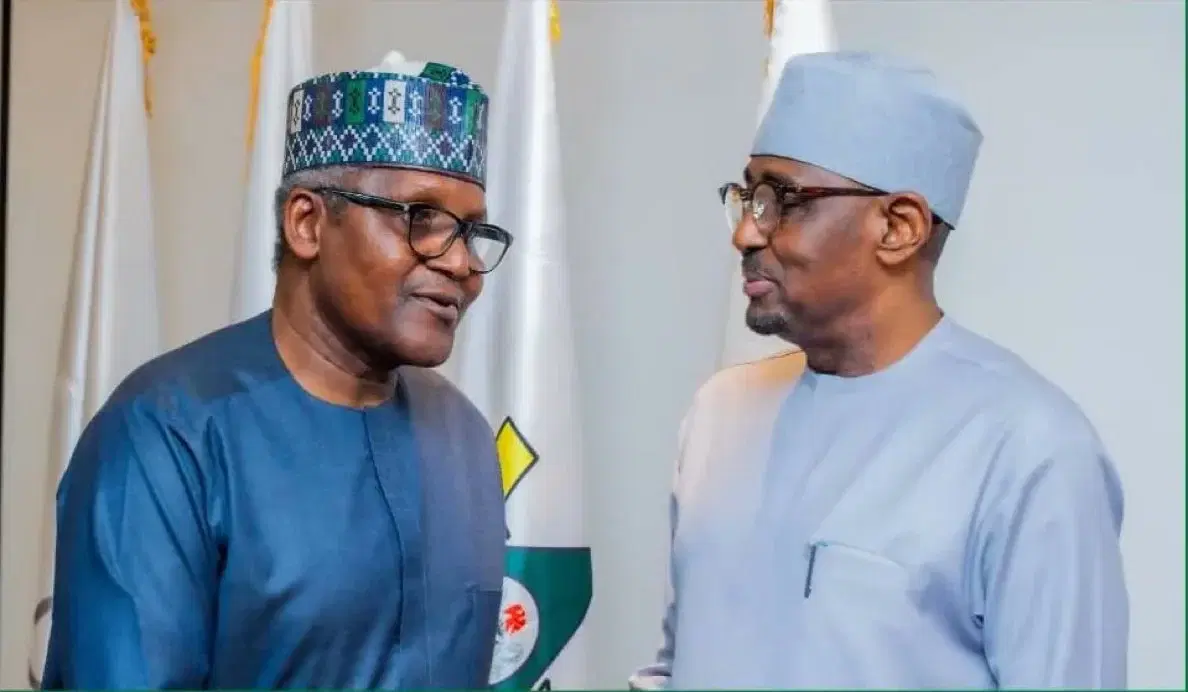UTM FLNG Limited to unlock 500,000 tonnes of LPG for Nigeria’s domestic marke
By Udeme Akpan
The Group Managing Director/CEO of UTM Floating LNG Limited, Dr. Julius Rone, said the company would supply 500,000 tonnes of liquefied petroleum gas, LPG, also known as cooking gas, per annum, when Nigeria’s first floating liquefaction company begins production in 2028.
He said that by dedicating full LPG output from its plants, the company would help reduce import-related costs and arrest the galloping prices of LPG for homes and small businesses in the country.
Dr. Ron pledged to bring changes in the domestic LPG market where prices have consistently jumped as the government’s penetration programmes trigger a demand surge for the product.
Dr Rone, who spoke with industry reporters at the just-concluded Africa Energy Week (AEW) in Cape Town, South Africa, said UTM Offshore would not only supplement supply from the NLNG, but would also sell LPG to the domestic market in Naira in order to address import dependence, foreign exchange adversity and overall cost escalation.
UTM Floating LNG Limited drives the country are first floating gas liquefaction and export project in collaboration with the Nigerian National Petroleum Company (NNPC) Limited and Delta State government.
Already, UTM Floating Liquefied Natural Gas (LNG) Limited, JGC Corporation, Technip Energies and Kellogg Brown & Root (KBR) signed a Front-End Engineering Design (FEED) contract for the development of Nigeria’s first Floating Liquefied Natural Gas (FLNG) facility on November 16 in London.
According to Dr. Rone, the FLNG model is a quick to market option for small offshore fields and nearshore terminals in areas lacking existing infrastructure, facilities and especially pipelines.
He stated that Nigeria currently needs a flexdible and modular FLNG model that could be replicated across locations without reverting to the drawing boards for new FEEDs.
Dr Rone said that total LPG output from the floating processing plant would be exclusively sold to the domestic market and in local currency to help curb high cost importation.
Selling in Naira, he noted, would also remove pressure on the nation’s lean foreign reserves, crash prices of the product by eliminating import related experiences, and also enhance affordability of the product as key instrument for the government’s LPG penetration programme.
He said the FLNG model would enable government access and commercialize stranded gas in the nation’s shallow water and deep water oilfields.
Dr. Rone explained that the concept would be proved with the Yoho shallow water oilfields, adding that it would be replicated in other oilfields where the NNPC Limited has controlling joint venture stakes.
As more projects come on stream, he said, more values would continue to be created for stakeholders, the market and domestic consumers of LPG.
He said: “Nigeria has much natural gas. The federal government gives priority to gas and has appointed the Minister of State for Petroleum Resources (Gas) to pilot the affairs of the sector.
The ministry is committed to gas development, which is in line with the Petroleum Industry Act, PIA.
“The government provides policies and incentives to attract and retain local and foreign investors in the sector. As a company, the Floating LNG Limited has tapped into the incentives to invest in FLNG business. Many banks are not funding fossil fuel projects anymore. But the $5 billion FLNG Project is funded by the African Export Import Bank.
“The International Oil Companies, IoCs, including ExxonMobil have huge gas offshore, having been exploring and producing oil and gas for many decades. In the beginning, they did not have much use for stranded gas. But now there is the technology to harness stranded gas.
We have been in discussion with them to use the stranded gas as our feedstock. With divestment of its assets, we have also gone into discussion with Seplat Energy to use the stranded gas.
“With the progress we have made, we look forward to the making of Final Investment Decision, FID in December 2024 before going into construction. We could not have gone this far without the government, which is committed to promoting investment. Our partners, including the Nigerian National Petroleum Corporation Limited, NNPCL, have been very committed.
Mozambique has a similar project that is working. African nations should develop their gas resources to stimulate development and create employment and other opportunities for their citizens.”


